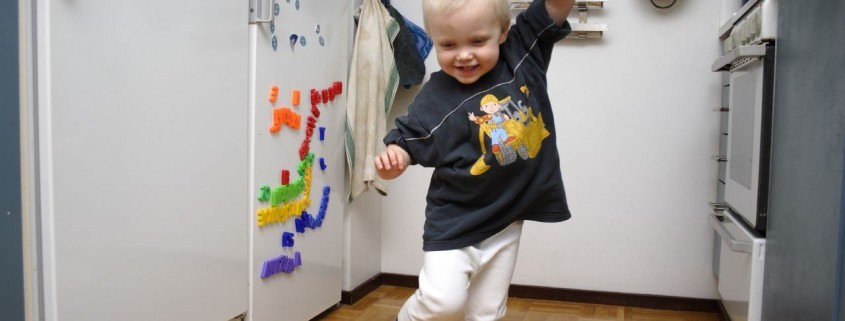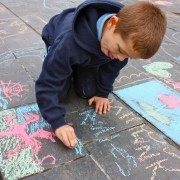4 Types of Music your Child Needs
Music for babies begins when you first coo to them, or when you are rocking them to sleep whilst humming, or singing a quiet, gentle lullaby. Babies have even heard your music in utereo, including the ‘music’ of your beating heart!
Parents often sing little songs or rhymes to them whilst changing their nappy or bathing them – reciting ‘This little piggy went to market’ or entertaining a young child with ‘Round and round the garden’, on their hand. Music is such a great connecting mechanism between the parent and child. Music provides comfort, familiarity, physical closeness, anticipation and often laughter.
There are four components to music: singing, listening, dancing and playing.
Here’s how you can help your child to learn….
Singing: Sing lullabies eg ‘Rock-a Bye Baby’ or ‘Mockingbird’ and nursery rhymes such as ‘Twinkle, Twinkle little Star’, or ‘Baa, Baa, Black Sheep’. Include the actions, and even young babies will start to really watch your movements and your excitement, and will soon join in for some of the actions, and maybe part of the words. Toddlers love songs such as ‘Old MacDonald’ where they play an active role in choosing the next animal, and joining in for the chorus.
Listening: This is such an important skill to teach our children. Children may hear you, but may not always listen! We start to teach our babies to listen by using our voice expressively when we greet them, or are talking with them. We give them rattles to shake, and bells which ring. Often we have music in the house and children get to hear what is playing. Take care that the volume is not too loud for them. We also encourage listening by sometimes having both the TV and the music off, and then pointing out the sound of the birds chirping outside, or the distant sound of the postmans’ bike approaching. This really encourages the child to tune in to the sound(s).
When you play music, play a variety…. It can be anything from children’s music to Mozart! By listening to different styles children get to hear the instruments, rhythms and beat.
Read books with rhyming verse and repeated phrases as it encourages participation with it’s rhythm.
Dancing: I remember clearly as a 6 year old, standing on my Daddy’s feet, while he ‘danced’ me around the room, while he sang “You are my sunshine” – such a beautiful memory. Dance with your children, both by holding them on your hip as a baby or toddler, or on your feet with older children. Later dance along side with them, and show them some of your best moves! Have fun doing this – you are creating memories. Let the child choose which music they’d like to play, and what type of dancing is going to be best here.
Playing: Playing musical instruments is such fun! It’s great to have ‘proper’ ones, but you can start off by making simple musical instruments yourself. Fill empty, clean plastic take-away containers with a variety of items – dried beans in one, raw rice in another, cotton tips in another one. Place the lids on and use strong tape to seal them (small items can be a choking hazard). Show your child how to shake them and talk about the loud and soft sounds. Two empty cardboard rolls (from lunchwrap) can be used as tapping sticks, and a wooden spoon and empty plastic container upside-down makes a great drum! You can also use a metal saucepan – but this is only recommended if you can cope with the volume! Sing songs with your child, and play along on the instruments you created together.
Happy musical parenting!









